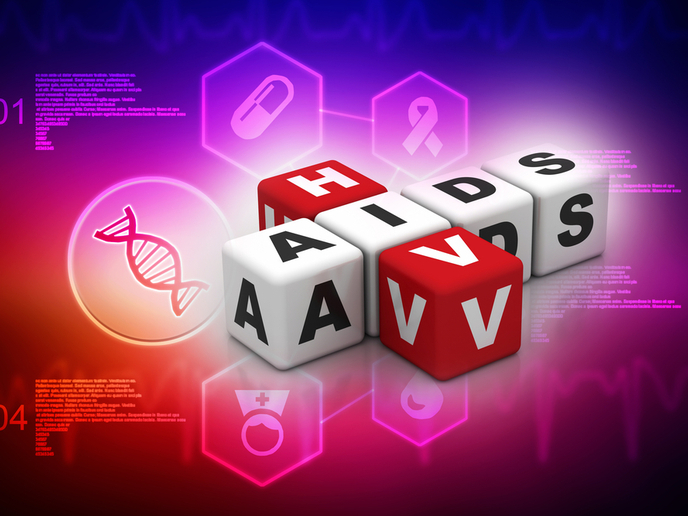Virology training for drug discovery
Diseases due to virus infections continue to pose a great socioeconomic burden. Currently, there is an unmet need for drugs that target viruses containing an RNA genome such as influenza, hepatitis C and SARS coronavirus (SARS-CoV). To address this issue, the EU-funded EUVIRNA(opens in new window) (European training network on (+)RNA Virus Replication and Antiviral Drug Development) project investigated various aspects of viral biology. The participation of three companies in EUVIRNA should ensure the transfer of knowledge from the academia to industry. Significant part of the project entailed the training of the 20 recruited fellows in research and other complementary skills. Through industrial secondments trainees learned the valorisation potential of their own research results. They received in depth knowledge and hands-on training in searching and filing patent applications. From a scientific point of view, the consortium employed a plethora of techniques and approaches including molecular biology, biochemistry and bioinformatics to generate new insight into RNA virus replication. Their discoveries included novel protein complexes in SARS-CoV, structural information on viral helicases and the role of glutathione in various enteroviruses. In addition, researchers contributed to the field of anti-viral drug development by studies involving screening of small molecule libraries and in silico drug design. They identified inhibitors against the enterovirus capsid protein and protease. Moreover, they developed a novel strategy for inhibiting dengue virus infection by stimulating the immune system with small novel RNA molecules. Overall, the combination of hands-on research and network-wide training activities ensured that EUVIRNA was a great success with 51 publications in peer-reviewed journals. This led to a successor initiative called ANTIVIRALS(opens in new window), which commenced in early 2015.







